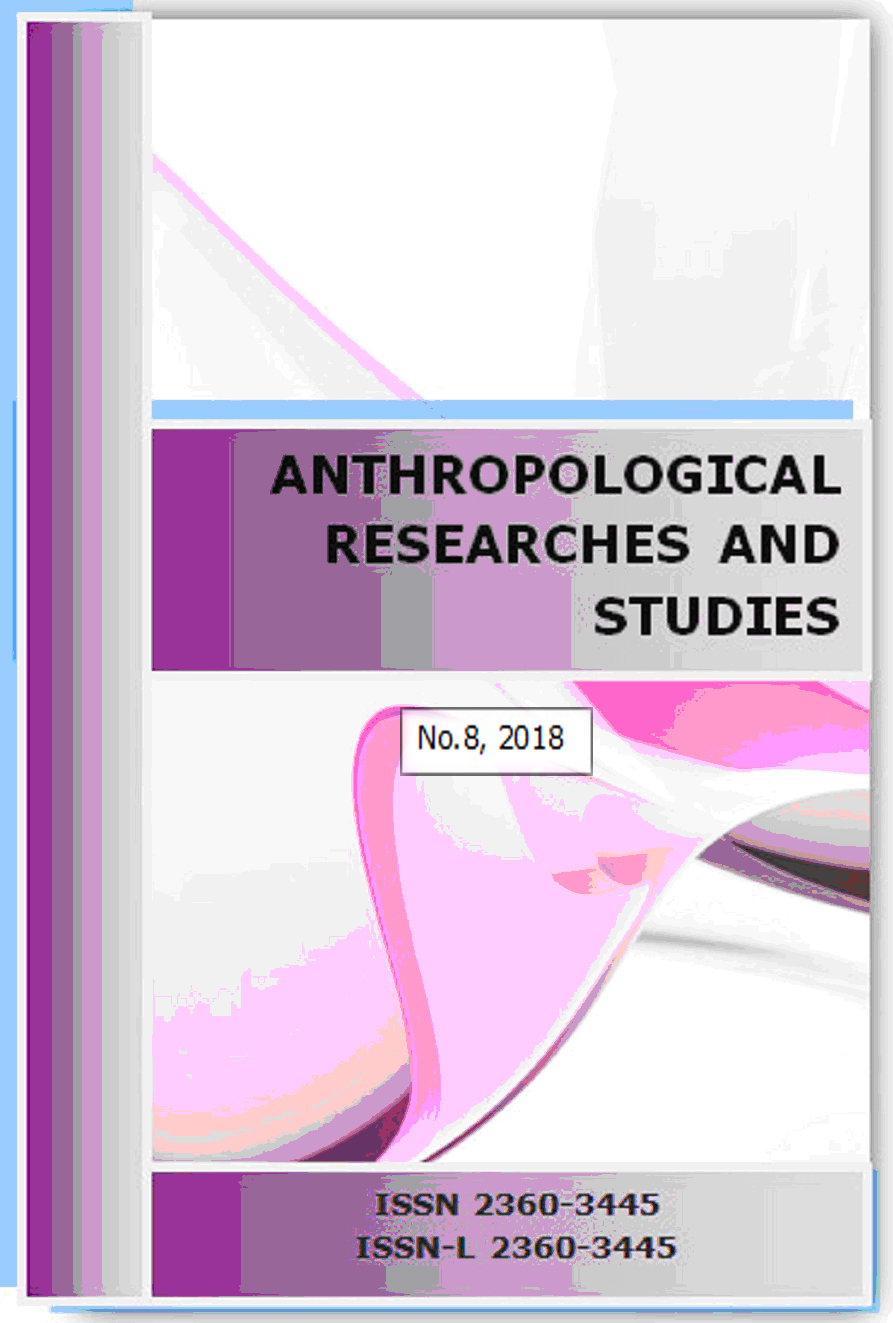Gender and culture-related barriers to access to mother and infant health services in the Far North of Cameroon
Gender and culture-related barriers to access to mother and infant health services in the Far North of Cameroon
Author(s): Anita Nudelman, Deli Tize Teri, Yafflo OuattaraSubject(s): Social Sciences, Essay|Book Review |Scientific Life
Published by: Institutul de Antropologie ,,Francisc I. Rainer” al Academiei Române
Keywords: RMNCH; culture; gender inequality; HIV; barriers to health services.
Summary/Abstract: Objectives. The Far North region of Cameroon has one of the highest neonatal, child mortality and poverty rates in the country. The aim of this study was to understand the gender and culture-related barriers to women’s utilization of RMNCH (reproductive, maternal, neonatal and child health), including HIV services.Material and methods. A participatory qualitative Rapid Assessment Process (RAP) was used and team members included women from the communities involved.Results. Diseases affecting infants are explained by causes ranging from bad nutrition to sorcery and angry ancestors' spirits and traditional treatments are often preferred over medical services. Pregnancy is considered a natural state and a “women's issue”, which is accompanied by cultural and religious norms that protect mother and fetus. Many women give birth at home with traditional birth attendants, who are trusted and follow accepted practices. Pregnant women living with HIV fear disclosing their status since this may lead to stigma and discrimination. Unequal gender power relations - including financial dependency on the husband - pose an additional barrier to service uptake, further enhanced by low male involvement in pregnancy-related health services. Lack of respect and confidentiality by health providers, associated with low-level availability and accessibility of services may also discourage their uptake. Conclusions. The implementation of the RAP findings may enable innovative ways to increase culture and gender sensitivity of RMNCH services, including prevention of vertical transmission of HIV, in communities in Far North of Cameroon.
Journal: Anthropological Researches and Studies
- Issue Year: 2018
- Issue No: 8
- Page Range: 112-124
- Page Count: 13
- Language: English

